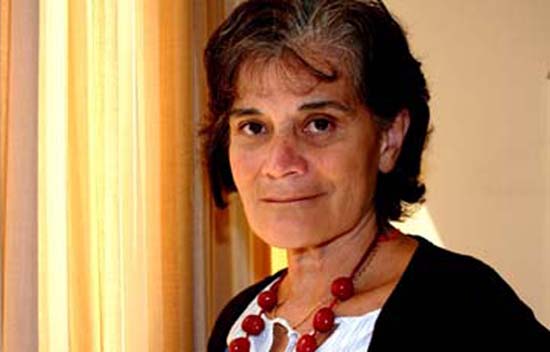
Pacific postgraduate students are being urged by leading scholars in New Zealand to critique their own traditional knowledge.
Professor Cluny Macpherson of Massey University told students at last week’s three-day postgraduate writing fono in Auckland that knowing culture and knowledge was fine but they could not be taken for granted when it came to academic research.
He urged students to understand their limitations because that would become increasingly valuable for any research project they undertook.
“A research question that challenges you at a personal level will help you find a solution for a problem for a Pacific island country you are studying,” he said.
Dr Macpherson, who first got a career in Samoa as an English teacher with a district school, said it was a “terrific learning experience” for him to live and study Samoa during the past 40 years.
Reflecting on his earlier study on ethnic inter-marriage in Samoa, Dr Macpherson learned that knowing the rules of Samoan village was central to his research.
Building relationships with the people and listening to them were crucially important for a researcher.
‘Listen, watch’
“Listen, watch, and listen,” he said.
This way showed that students were engaged in the research process.
Asking the “why” question in any thesis had often been missed out by several research students.
Dr Macpherson said students should prepare to defend their findings, and to take their research to the right people in a right context who would apply it demonstrating that “you’re making a difference”.
He reminded postgraduate students on the writing retreat not to take things for granted.
“Critique, redefine what you already knew, and avoid being a surer,” he says.
Commenting on the fono itself, Macpherson said: “It is a wonderful event and you are lucky to have it.”
New generation
He said he was looking forward to seeing a new generation of Pacific researchers in New Zealand.
The professor of Pacific studies at AUT University, Tagaloatele Peggy Fairbairn-Dunlop, agreed with Professor Cluny that as Pasifika researchers they needed to “listen” to the people.
“Pacific research consists of different ethnicities in the Pacific and in New Zealand. Narrow it down to where you come from, or where you want to study,” Tagaloatele said.
Tagaloatele urged the students not to take the knowledge for granted, or as a gospel, it was always needed to critique knowledge.
She said that obtaining knowledge or information from a Pacific island country had strict protocols to be observed. For example, there were people whowere authorised to release information about their knowledge.
“That’s why it is important to select properly who you are talking to and why you are talking to them, as in most cases in the Pacific knowledge belonged to a family,” she said.
Pacific research guidelines have been recently formulated not just to assist researchers understand the protocols and rules of collecting data in Pacific, but to protect “the knowledge” from those researchers who have not done any study in the Pacific.
‘Rebuilding trust’
“Rebuilding trust and relationships with the participants on the islands for students living in New Zealand are becoming appropriate as they have been away from the islands,” she said.
Pasifika students found the writing retreat helpful and relevant to their studies.
Samoan-New Zealander PhD candidate Max Galu found that although he was an educated Samoan living in New Zealand, to Samoans in Samoa that education had no place in traditional Samoan knowledge.
He said he had learned that “listening” rather than “talking” helped him understand Samoa more closely.
Galu said the retreat helped him connect with other Pasifika students from New Zealand and from the islands.
‘It’s really important - I would say it energises me,’ he said.
Cook Islands, Fiji, Filipino, Hongkong, Indian, Kiribati, New Zealand, Niuean, Samoan and Tongan postgraduate students took part in the AUT-organised writing retreat at Vaughan Park.



